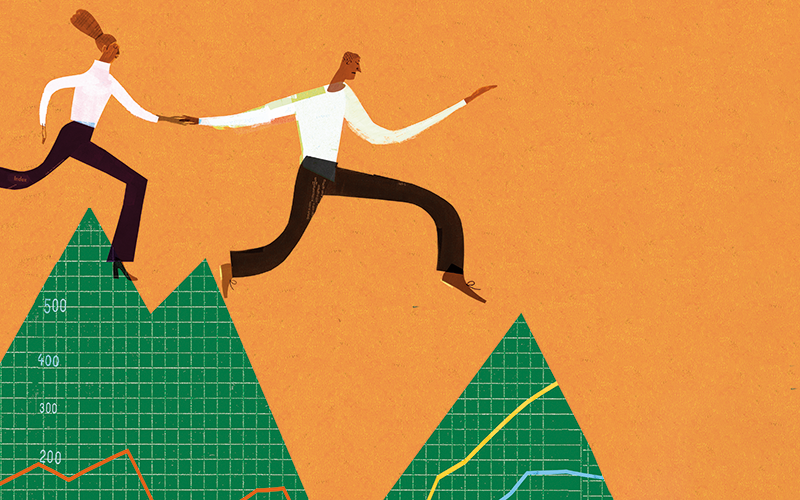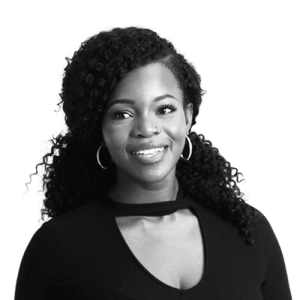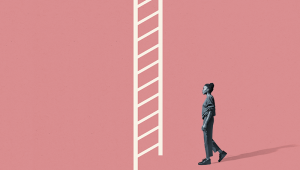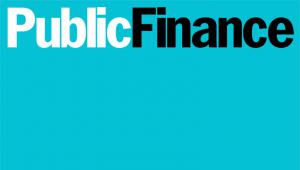
Image credit | Donna Grethen / Ikon
At the start of every year, people think about their careers and resolutions that will change things for the better.
The global response to the death of George Floyd in the US changed the conversation, but if we are to get organisations that look like the community they serve, we have to move to practical action.
I’ve always been intrigued by the ways in which economic theories could be used to explain and tackle some of the most complex socioeconomic phenomena. But diversity is also about being visible in society.
When I started my undergraduate studies, I found there were no prominent figures in economics that looked like me; that were black. At first, I thought this was just a problem in academia, but I quickly came to realise this was a widespread issue.
In my first role as a government official, I was the only black female economist in the department, alongside one other black male economist, and this led me to question where all the black economists were.
Much of the UK’s focus on diversity in economics has centred on women’s representation; the under-representation of black professionals is often overlooked. This lack of visibility has resulted in there being few or no initiatives at higher levels to address the issue.
Economists hold some of the most powerful positions in society, with the ability to form policies that change lives. But the extent to which those policies can change lives for the better is dependent on the evidence and analysis underpinning them, and whose perspectives are included. Lack of attention to issues faced by particular communities can ultimately lead to poor decision-making in policy, and to negative outcomes for these communities.
So, what can we do? The answer is a lot, and there are three training points that will actually make a difference.
- Improve relatability: by hosting seminars, events and, most important, carrying out research that make economics less foreign and isolating. If the goal of economics is to increase diversity and be inclusive, then the material must be more relatable, making it more accurate and useful.
- Increase support: organisations can help by donating and providing support. This involves partnering to deliver events, talks and workshops, various initiatives like mentorship and training programmes.
- Increase opportunities: by supporting potential and current black economists throughout the pipeline by funding and creating targeted outreach programmes to introduce economics as a viable option for black students.
Organisational change is just as important. Many organisations will have diversity groups that they should listen to and take seriously if they truly wish to become a diverse workplace that ensures all voices are heard. These internal networks will also be best placed to know which initiatives to undertake in the context of their organisation.
However, the most important step is to take action. This includes setting clear, specific, tangible and measurable targets, to which leaders at every level can be held accountable.
It means creating initiatives, based on the experiences and perspectives of marginalised communities – which is not always the easiest or most comfortable thing to do. Progress should be tracked, outcomes should be transparent and initiatives should be reviewed regularly enough to assess what is going well and what isn’t.
A turning point for real change depends on whether individuals and organisations are willing to make that change happen.





















